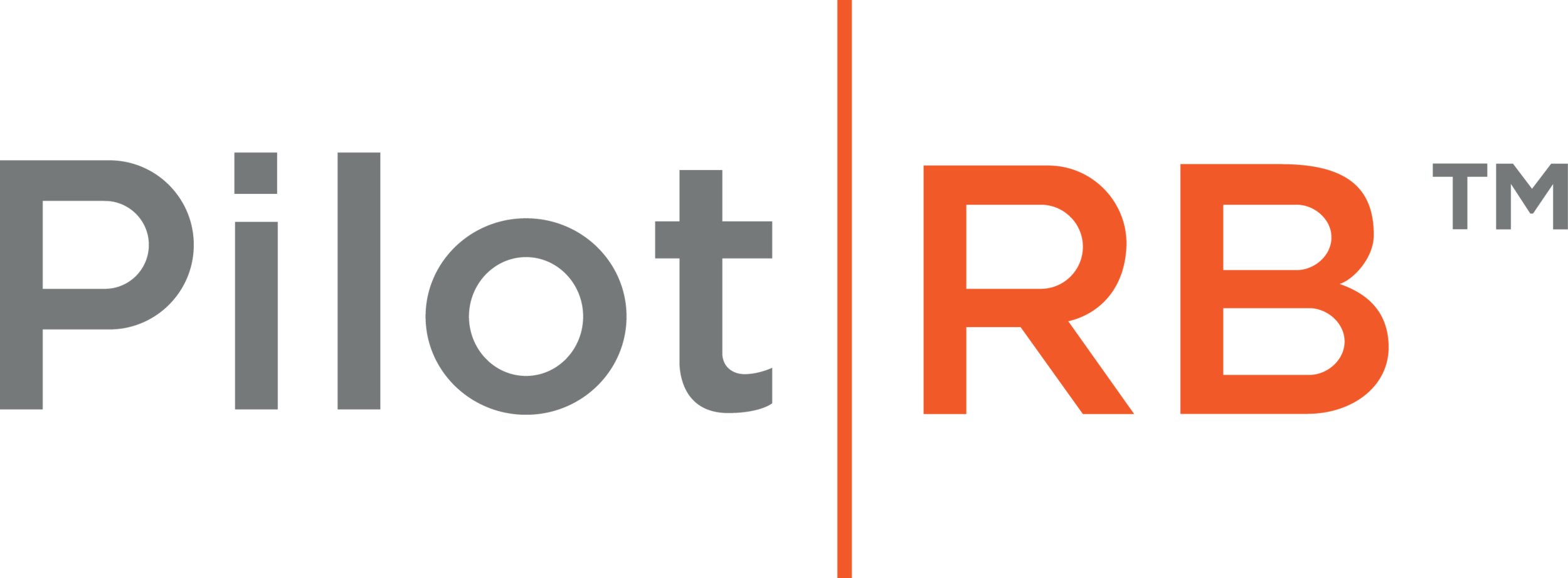Preparing for Cold and Flu Season
Cold and flu season can feel like a never-ending battle for employers. In addition to traditional strains of these viruses, employers are still grappling with COVID-19. The flu alone cost businesses over $15 billion in lost productivity in 2022. It’s essential to prepare and communicate ways to maintain a healthy work environment during the cold and flu season.
1. Encourage Vaccination
One of the most critical things you can do to protect your employees and your business is to encourage your staff to get the flu vaccine. The CDC highly recommends getting vaccinated before the end of October. Offering onsite flu shot clinics, providing information on where to get flu shots, and considering additional incentives or bonuses for employees who get vaccinated are some strategies employers often utilize.
2. Educate Employees on Prevention Techniques
Make sure your employees understand how to prevent the spread of illness. Place posters and signs throughout the office reminding employees to wash their hands regularly, cover their mouth and nose with a tissue while coughing or sneezing, and stay home when they are sick. Promote good habits by providing easy-to-use hand sanitizers throughout your space.
3. Create a Workspace Sanitation Strategy
The flu virus can live on surfaces for hours. Minimize the risk of infection by creating a sanitation strategy in your office. Consider providing sanitation wipes, tissues, and hand sanitizers throughout the office, specifically in commonly used areas such as desk spaces, break rooms, and conference areas. Also, make sure to use disinfectant cleaners to keep your space clean.
4. Encourage Sick Employees to Stay Home
Make it clear to your employees that it's okay to stay home if they feel unwell. Encourage your employees to take time off when they are experiencing symptoms such as a fever, cough, or body aches. Providing a robust paid time off policy, including sick leave, is an excellent investment in employee health and workplace productivity.
5. Adapt to Remote Work
An effective way to limit employee exposure to illness is by promoting remote work. Today, it's easy to telecommute without affecting productivity or performance, thanks to technological advancements. Encourage employees to work from home when they are feeling unwell and when necessary.
Cold and flu season is a crucial time for employers to maintain a healthy work environment. Encourage your employees to get vaccinated and educate them on prevention techniques. Create a sanitation strategy, promote sick leave, and adapt remote work when necessary to minimize the spread of illness in your office. As an employer, taking these steps can prevent lost productivity and ensure the health and wellbeing of your employees.
